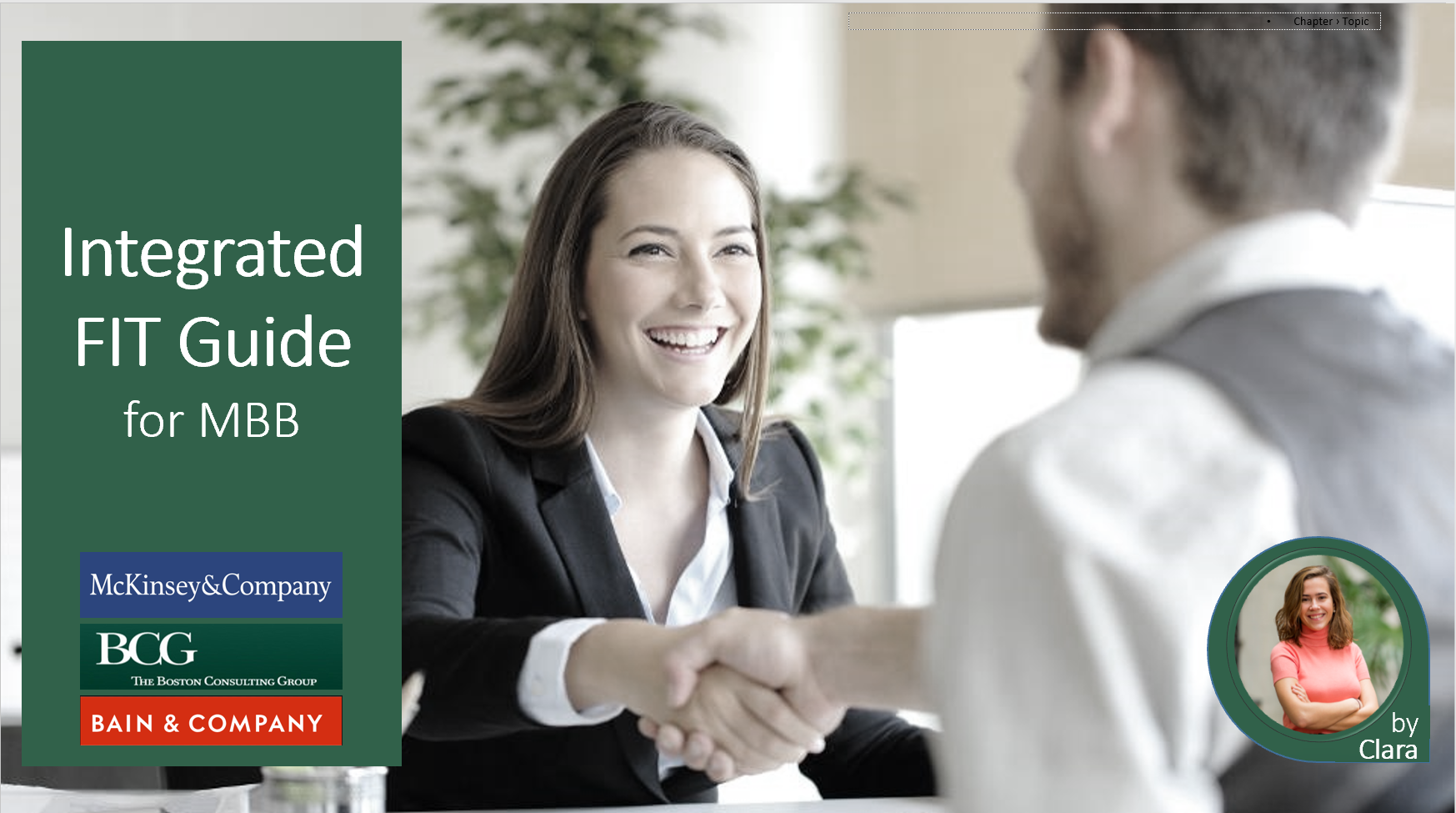Hi all,
I have been moved to Mckinsey's Final round of interviews and I am really excited to go through them.
I wanted to ask you guys a few questions:
1. How is the final round different from the second one?
2. I read that partners usually will pressure you (e.g., Are you sure about your answer?) so what do you think is a good way to showcase confidence, and should I double-check my work when he does so?
3. Generally how to approach a more stressful interview when any pressure is put?
Thank you.




